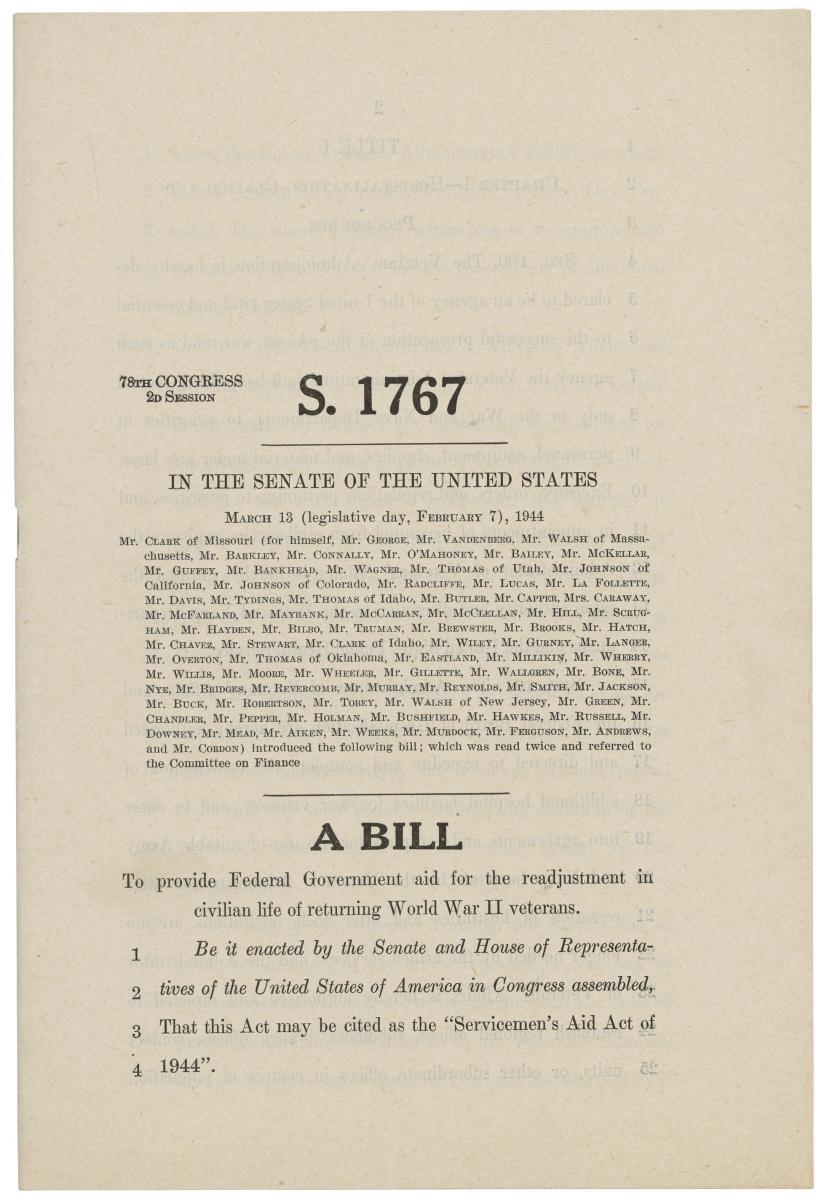


(1) In this section, relevant information means information (other than non-disclosable information) that the Minister considers: They found that “matters” included s 57 of the Act that stipulated that certain information must be given to a visa applicant: The majority judgment held that s 51A was qualified by the words “in relation to the matters it deals with”. The High Court allowed the appeal (6:0), finding that s 51A did not exclude offshore visa applicant from being informed of and having the opportunity to respond to certain adverse information that is relied upon by the decision-maker prior to a visa application being refused. In the alternative, the appellant also argued that s 51A was not constitutionally valid, as it purported to undermine the judicial powers conferred on the High Court in the Constitution. On appeal to the High Court, the appellant argued for a narrow construction of s 51A in the context of subdivision AB. (2) Sections 494A to 494D, in so far as they relate to this Subdivision, are taken to be an exhaustive statement of the requirements of the natural justice hearing rule in relation to the matters they deal with. (1) This Subdivision is taken to be an exhaustive statement of the requirements of the natural justice hearing rule in relation to the matters it deals with. At both instances, her appeal was dismissed with costs on the basis that s 51A of the Migration Act provided an exhaustive statement of the natural justice hearing rule with respect to all the provisions in subdivision AB of the Act.
FEDEREAL COURT ACT S 51A FULL
Instead, she appealed to the Federal Magistrates Court, and subsequently the Full Federal Court, arguing that she had not been afforded procedural fairness in being denied the opportunity to respond to this adverse information. On the basis of this adverse information, the delegate found that she was not satisfied that the appellant met the visa criteria.Īs this was an offshore visa application (eg lodged outside of Australia’s migration zone), the appellant had no right to appeal to the Migration Review Tribunal. In July 2008, the Minister’s delegate refused to issue the visa on the basis that Australian immigration officials had visited the Rawalpindi restaurant and there were no employee records of the appellant there, and a restaurant employee claimed that no women had worked their either. The appellant’s visa application included documents claiming that she had been employed as a cook from March 2006 until November 2007 at a restaurant in Rawalpindi. The visa criteria includes that the appellant must have been employed in a skilled occupation for at least 12 months in the 24 month period prior to lodging the visa application. The appellant was a Pakistani citizen, who applied for an offshore Skilled – Independent (Migrant) Visa in November 2007.

Skilled Visa – Offshore Application – Procedural Fairness – “Natural Justice Hearing Rule” – “Matters” According to the Federal Courts Act, the Federal Court consists of a Chief Justice and 36 other judges, and the Federal Court of Appeal consists of a Chief Justice and 12 other judges.French CJ, Gummow, Hayne, Heydon, Crennan & Kiefel JJ The Federal Court's main office is in Ottawa, but it sits throughout the country. Decisions of the Court of Appeal can be appealed, with leave, to the SUPREME COURT OF CANADA. The Federal Court hears lawsuits and initial applications to review some types of governmental actions the Federal Court of Appeal hears appeals from the Federal Court and supervises the formal decisions of federal tribunals. When the Federal Courts Act came into effect in 2003, the divisions became two separate courts: the Federal Court and the Federal Court of Appeal.
FEDEREAL COURT ACT S 51A TRIAL
Until 2003 the Federal Court of Canada consisted of two divisions: the Trial Division and the Court of Appeal. In some specialized areas it shares concurrent jurisdiction with provincial superior courts. The Federal Court of Canada was established by Parliament in 1971 to replace the Exchequer Court and has jurisdiction over lawsuits against the federal government and specialized areas including admiralty, aeronautics, patents and copyright, as well as the power to review decisions of federal agencies and officials. The power to establish courts in Canada is conferred on both provincial legislatures and Parliament.


 0 kommentar(er)
0 kommentar(er)
